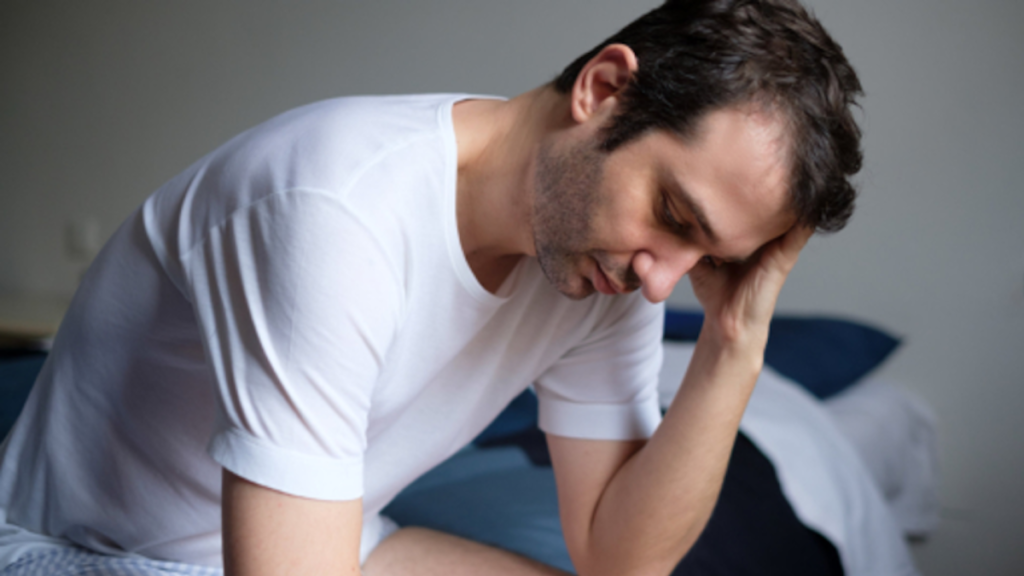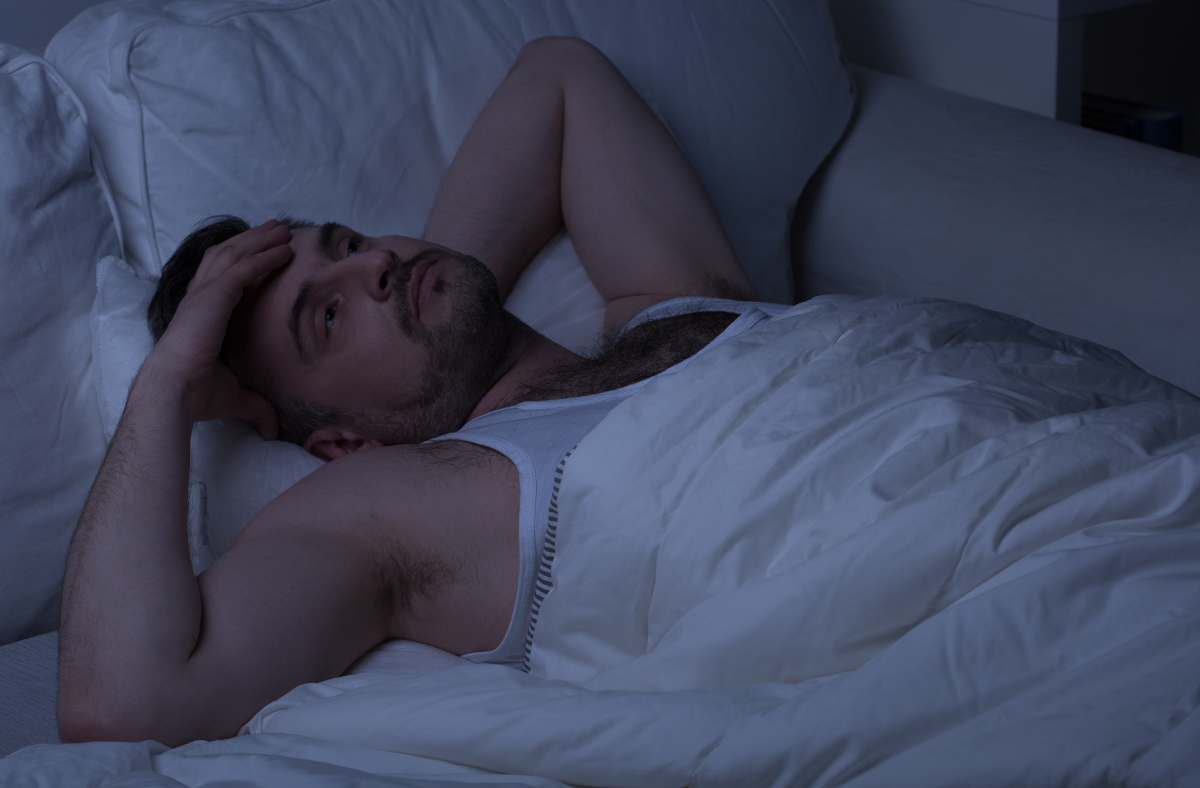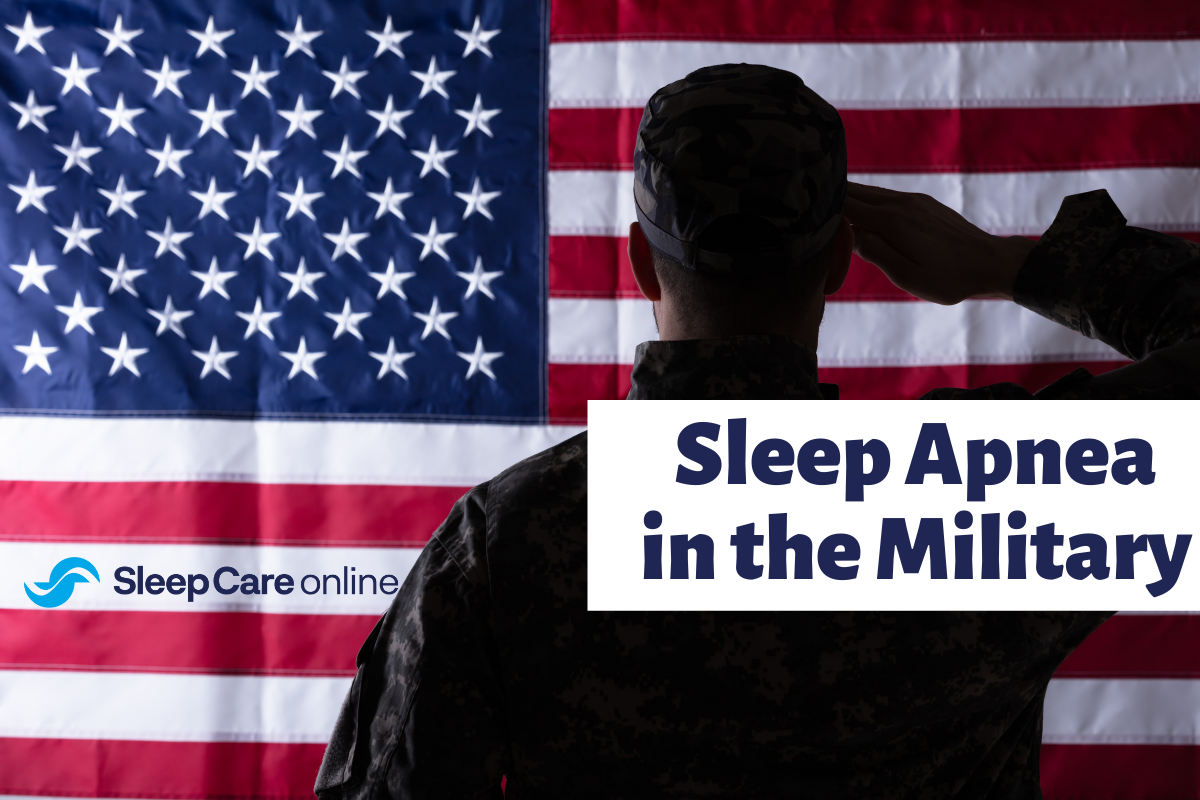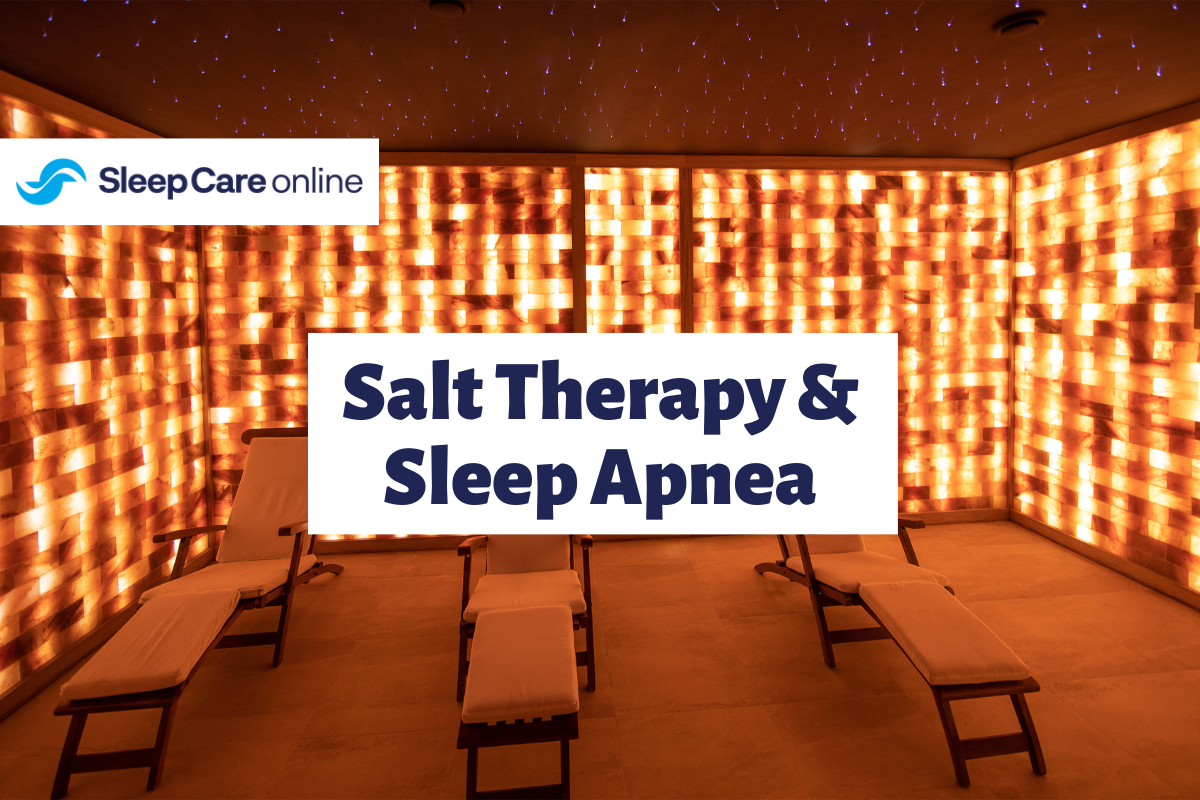
Testosterone is a hormone produced in both men and women, which decreases as we age. Low testosterone, or Low-T, occurs when the level of the testosterone hormone in the body begins to drop below the body’s usual range. New evidence suggests a strong relationship between low testosterone levels and obstructive sleep apnea. Many of the symptoms associated with OSA impact testosterone production.1
Can Low Testosterone Cause Sleep Apnea?
Reduced REM sleep and frequent nighttime awakenings from sleep apnea can reduce testosterone levels over time. Other factors shared by patients with sleep apnea and low testosterone include reduced oxygen saturation levels and obesity. Low T and sleep apnea are also more likely to occur as we grow older making it harder for doctors to distinguish between the two conditions.
Why are Testosterone and Sleep Apnea Linked?
Natural testosterone production appears to depend on REM sleep, which is a form of restful, undisturbed sleep. Sleep disruption can lead to a rise in the stress hormone cortisone over time. Low testosterone may also be caused by high cortisone levels. The bulk of testosterone used during the day is replaced at night. The progressive decline in sleep hours has been linked to the gradual lowering of testosterone in older men. Men with low testosterone, especially older men, have been shown to have more difficulty sleeping in studies.
Tips for a Good Night’s Sleep with Low Testosterone
Consistent Sleep Is Beneficial
Get consistent sleep. Aim for at least seven hours of sleep a night. Sticking to the same bedtime and wake-up time every day, on weekdays and weekends is one way to do this.
Avoid Naps
Avoid taking a nap in the afternoon because it would disrupt the overnight sleep cycle.
Maintain A Cool Environment
Maintain a cool environment in your bedroom. When you’re going to relax, your bedroom should be between 60 and 67 degrees.
Be Distraction-Free Before Going to Bed
Remove distractions during your bedtime. Reduce noise and illumination in your room so that it is silent, peaceful, and dim for sleeping.
Limit Nicotine, Caffeine, and Alcohol
Limit the intake of nicotine, caffeine, and alcohol. Nicotine and caffeine are stimulants, and although alcohol can appear sedating at first, it eventually disrupts sleep efficiency, according to the National Sleep Foundation.
Avoid Using Mobile
Before going to bed, avoid using mobile devices for an hour. Get away from your phone, desktop, notebook, and television for a while.
Minimize the Time Spent Playing Video Games
Reduce the amount of time you spend playing video games. The more time you spend playing games, the lower the quality of your sleep. Each hour of gaming during the day delays bedtime by 6.9 minutes.
Consult A Doctor Whenever Needed
Consult a doctor if you’re having trouble sleeping. One of the treatable disorders that could be interfering with sleep is sleep apnea. Consult a doctor to see if you can be checked for this disease.
Lose Weight
Lose weight. Losing only 5% of your starting weight will increase sleep duration and consistency.
Be Active
Be active. Make an effort to invest some of your active time in a natural green environment. Spending time outdoors seems to help prevent sleep issues.
Will Treating Low T Improve Symptoms of Sleep Apnea?
Treatments for Low T may include weight loss and prescribed medications and in some instances hormone replacement therapy. Lifestyle changes such as exercise, an improved diet, and a regular vitamin regimen all work toward increasing testosterone production. However, sleep apnea will most likely persist as a secondary condition and may hinder the effectiveness of other Low T treatments and efforts.
Connection Between Low Testosterone and Sleep Apnea
Low testosterone also appears to be linked to lower quality sleep and fewer deep sleep cycles. Researchers have observed that as testosterone goes down, the hormone cortisol increases. Cortisol contributes to wakefulness, resulting in shallower and shorter sleep, noted the February 2012 review in the journal Sleep.
Improving sleep generally will improve testosterone levels. Testosterone levels increase soon after you start to get more sleep, according to a study of the effects of “catch-up” sleep on the body published in February 2015 in the journal Clinical Endocrinology. The benefit comes from adding hours of deep sleep.
For those suffering from sleep apnea, low testosterone only adds to difficulty getting a good night’s rest. While CPAP therapy does not directly improve low testosterone levels, it can reduce the frequency of sleep apnea episodes. Identifying both conditions is the first step to better health. Managing both low testosterone and sleep apnea with proper treatment can help improve sleep.
Studies Regarding People with Sleep Apnea
Researchers are learning more about the differences in sleep apnea between men and women. For example, they’ve discovered that women have fewer breathing pauses than men during the early non-REM stage of sleep. But as they get into deeper REM sleep, their breathing stops just as many times as men’s.
The discovery of these gender differences could one day steer researchers to new treatments targeted at women. Researchers are also studying the connections between sleep apnea, dementia, and heart disease to try to lower the risks for these diseases.
Scientists have discovered that the same abnormal protein that clumps up and damages the brains of people with Alzheimer’s disease is also in the brains of people with sleep apnea. Understanding the reason for this shared link might lead to new treatments and ways to prevent Alzheimer’s disease.
Studies Regarding People with Low Testosterone Levels
As men age, their testosterone levels decrease, but prior studies of the effects of administering testosterone to older men have been inconclusive.
In their 60s, roughly 20 percent of men have low testosterone, according to the Urology Care Foundation. Among men in their 70s, that number rises to 30 percent. And by the time men have reached their 80s, about half of them have had a drop in testosterone levels. Now, research shows that testosterone treatment for men over 65 improves sexual function, walking ability, and mood, according to a study published in the New England Journal of Medicine.
CPAP Benefits Coupled with Low Testosterone Therapy
Combining CPAP therapy to manage sleep apnea and low testosterone therapy can help improve overall health for someone with sleep apnea and low T.
CPAP therapy:
- Reduces the frequency of sleep apnea episodes at night so you can sleep better
- Reduces loud snoring
- Eliminates many of the symptoms of sleep apnea including dry mouth and morning headaches
- Gives you more energy in the morning as you can sleep well without interruption
- Provides healthy sleep so you can concentrate better and reduce moodiness and irritability
Low testosterone therapy:
- Improves heart and blood health
- Reduces fat and increases muscle mass
- Strengthens bones
- Improves verbal memory, spatial abilities, or mathematical reasoning
- Improves sex life
- Improves mood
Before beginning either type of therapy, be sure to get an accurate diagnosis of sleep apnea and low testosterone. Consult with your doctor if you have both and the best approach for treatment.
Will Treating Sleep Apnea Improve Testosterone Levels?
Like so many other healthy lifestyle choices, a good night’s sleep is also fundamental to helping increase testosterone. Choosing to treat obstructive sleep apnea is an important factor for improving testosterone levels and for improvements to your overall health.
How to Treat Sleep Apnea
Treatment of sleep apnea begins with an accurate diagnosis. You can find out by taking a home sleep test from Sleep Care Online.
How Does a Home Sleep Apnea Test Work?
- With the Complete Care Package, schedule a 10-minute telehealth visit with a healthcare provider to discuss your symptoms, upcoming sleep study, test results, and treatment options.
- A multi-night, disposable home sleep apnea test is mailed to your home to be completed at your convenience.
- A physician analyzes the sleep data and provides a prescription if needed.
- Schedule an optional follow-up appointment (additional fee applies).
- We connect you to sleep experts who can offer customized sleep therapy options, assistance in equipment purchase, and initial set-up.
Home sleep apnea tests and telehealth services are now available nationwide.
Reference:
- The World’s Journal of Men’s Health. Obstructive Sleep Apnea and Testosterone Deficiency. January 2019. Accessed September 2020.




